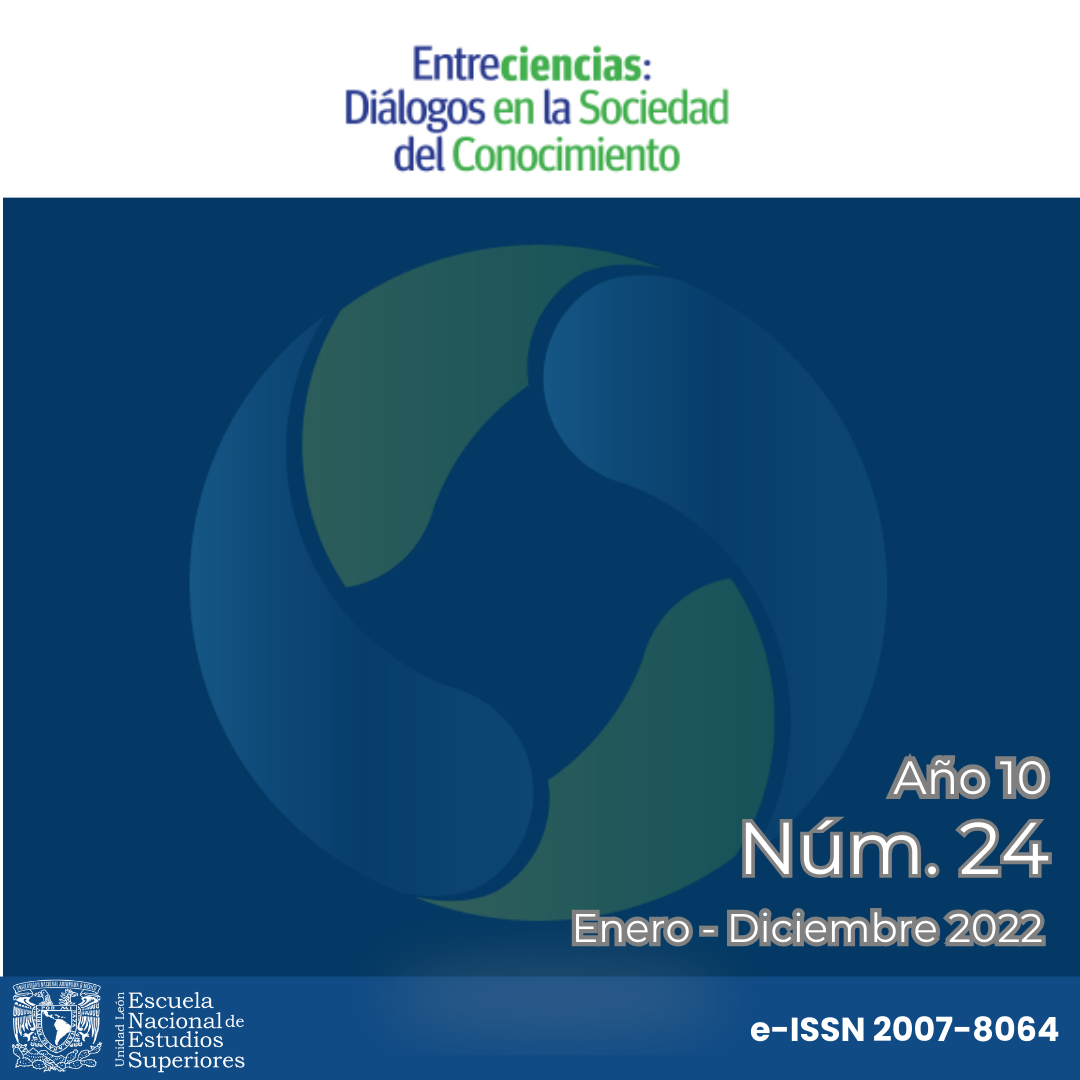Electoral uncertainty and its impact on the volatility of the stock market in Mexico
Main Article Content
Abstract
Purpose: We analyze the impact of uncertainty about the winner of the presidential elections in Mexico in the returns and volatility of the Mexican Stock Exchange Index (IPC)
Methodological design: Measures of electoral uncertainty were calculated based on the accumulated normal distribution of electoral preferences, using the results of surveys published by the National Electoral Institute (INE) prior to the presidential elections of 2006, 2012 and 2018 in Mexico and it was collected daily information of the IPC to measure the behavior of the stock market. For data analysis, we used a generalized autoregressive conditional heteroskedasticity (GARCH) model.
Results: The analysis show that an increase in electoral uncertainty increases the volatility of the of the IPC return in a highly competitive election and that the advance in the electoral preferences of the left-wing candidate generates a decrease in the average performance of the index, while that the advancement of the right-wing candidate is related to an increase in performance.
Research limitations: The study includes three electoral periods because the competition with real possibilities of victory between representatives of different political ideologies is recent in the country.
Findings: The behavior of the stock market in Mexico is affected by the presidential electoral cycle, especially the degree of uncertainty about the winner and his political ideology, an important situation to consider when making economic decisions.
Downloads
Article Details

Entreciencias: Diálogos en la Sociedad del Conocimiento recognizes and respects the moral rights of authors as well as ownership rights transferred in non-exclusivity to the journal for its open access dissemination and its preservation. Hence, authors who publish in this journal accept the following conditions:
- Entreciencias: Diálogos en la Sociedad del Conocimiento from Universidad Nacional Autónoma de México is distributed under a Licencia Creative Commons Atribución-NoComercial-SinDerivar 4.0 Internacional, which allows the information and metadata to be used without commercial ends as long as proper citation is utilized.
Authors will have the right to non-exclusively distribute the contribution made to Entreciencias: Diálogos en la Sociedad del Conocimiento. That is, they will be able to include it in an institutional repository or disseminate it in other digital or printed media as long as it is explicitly stated that it was first published in Entreciencias: Diálogos en la Sociedad del Conocimiento. The following information must additionally be included: author, year, volume, page numbers, electronic paging, and DOI.
Authors, whose publications have been accepted, will have to send the Letter of Copyright Transfer in the corresponding format, filled out and signed by the author or authors.
